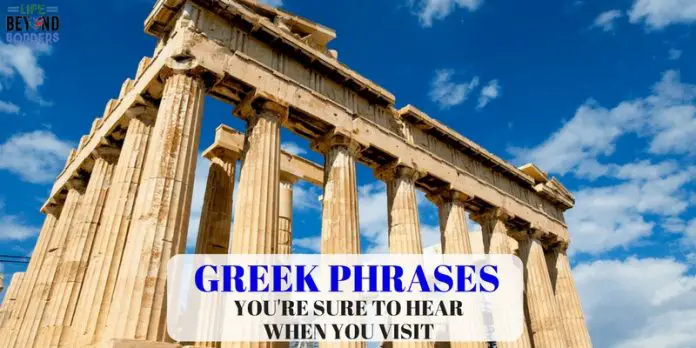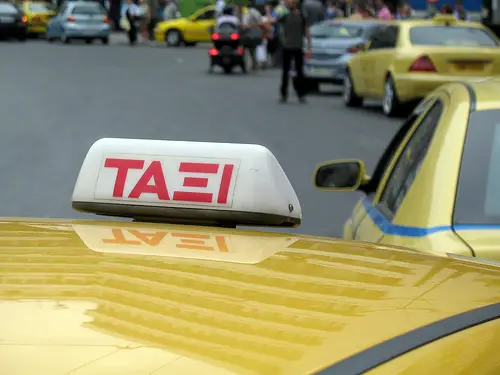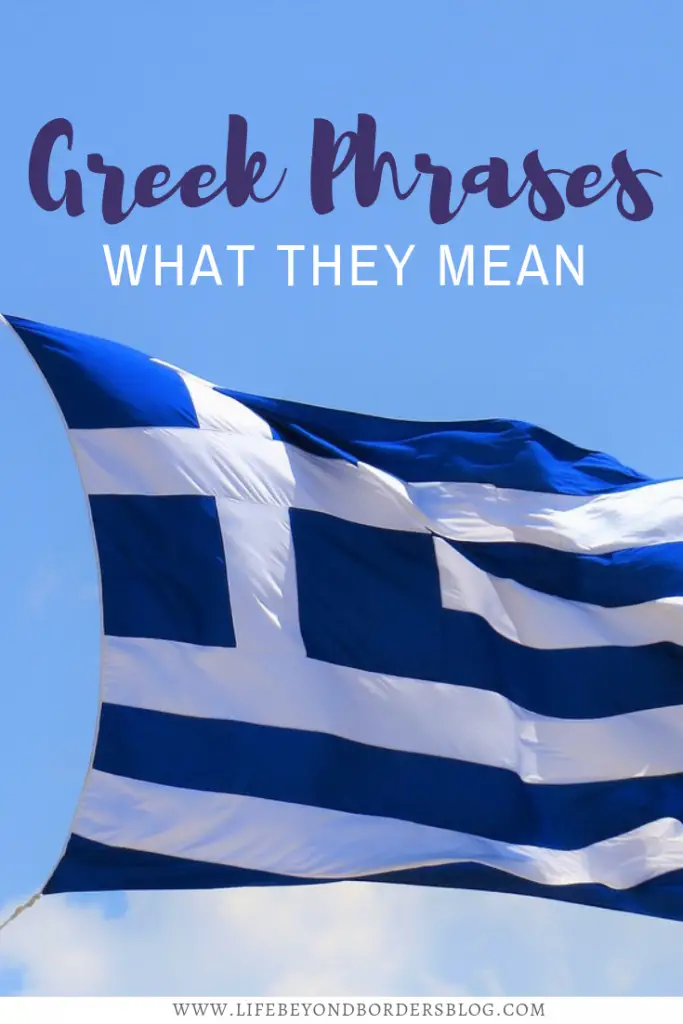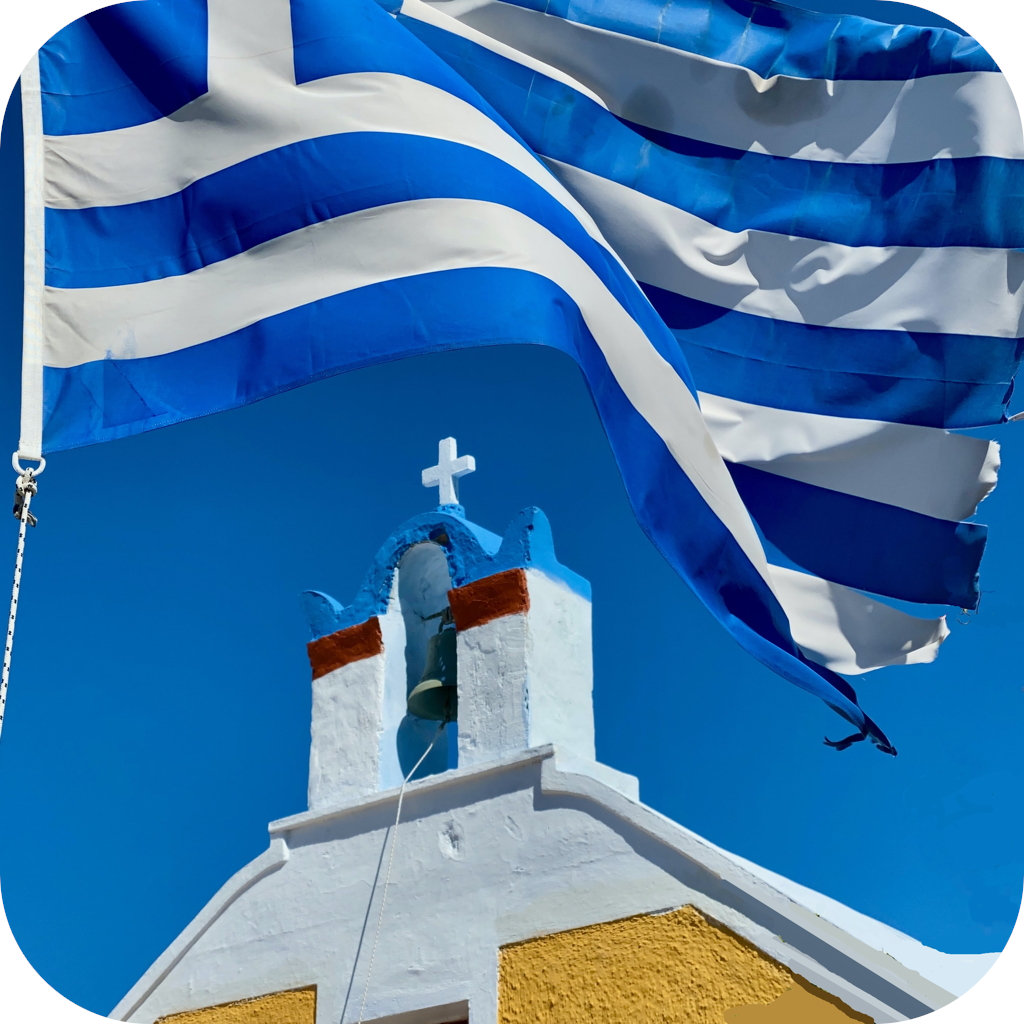
We’ve looked at some odd Greek superstitions such as why Greeks might spit at you when you visit (truly! But don’t worry, it’s a compliment). There are also some really helpful tips about Do’s and Don’t in Greece – Greek Customs and Etiquette that’ll help you when you plan your visit (what’s right in one culture isn’t necessarily so in another, right?) Now let’s take a look at some Greek phrases you’re sure to hear when you visit this beautiful country. It’s always good to understand a little, right?
There will be affiliate links in this post, meaning I receive a small amount of commission (at no cost to you) if you click to purchase anything.
Download my Greece’s Best travel app for your Apple iPad or iPhone or Android. Help in your Greek travel planning from the palm of your hand.
Koukla Mou meaning
So in summary, the koukla translation is ‘doll’ and koukla mou meaning in English is ‘my doll’. It’s not considered sleazy, it is a term of endearment.


Kalimera meaning
Kalimera (pronounced as it is literally spelt: Kali mera) means Good morning and is heartily bestowed upon anybody who is walking past (obviously at the correct time of day). Even in the centre of Athens, you can leave your flat and be Kalimera’d at least 3 or 4 times by strangers – so imagine how many times you have to repeat it as you walk past your neighbourhood bakery, hairdressers, man at the bottom of the street selling flowers, the people sitting outside the kafenion, etc.
Personally, I love this start to the day. It makes such a change from the unspoken no eye contact rule in bigger cities. It doesn’t mean people will stop and have a full blown conversation with you, so if you’re not a morning person, don’t worry, you don’t have to avoid all human contact in Greece in the mornings, just know that people will smile and probably wish you a “kalimera”.
Visiting Athens and want to know some alternative places to visit beyond the tourist traps? Read my:
- Insiders Guide to Visiting Athens to help you
- Greek Island all round packing list (also suitable for Athens) to help you decide what to pack for visiting any time of the year
- If you’re heading off to the islands and want some advice as to which ones to visit, my Insider’s Guide to the Greek Islands will help.
- Koritzi mou (My Sweetheart)
- Kopela mou (My Girl)
What phrases have you heard when visiting a foreign country that stick in your mind? Anything memorable? Share in the comments.
PIN for later

Header image © nonbirinonko from Pixabay


Another great blog Becky-mou ! My little daily taste of greece x
First of all, Kalimera. Secondly, I will hop the next plane to Greece to practice these two words. I wish.
Teresa
There are plenty more lovely sayings/expressions where these came from – one day when you come, you’ll hear them all.
Thanks for your comments and glad you’re liking the blog entries.
I wonder if “koukla” was the origin of “Kukla” in the old televison puppet show “Kukla, Fran and Olie”.
I love the idea of frequent kalimera’s Bex. Awesome! What a change up from a big city like NYC; as noted it is an unspoken, no chat or eye contact rule, and creates the ridiculous feeling that among 11 million people you actually feel alone. Meanwhile here in New Zealand, I feel surrounded by humanity when 5 or 10 folks greet me and befriend me, or at least address me with a cordial “Hi”, any day I wander around.
Ryan
I’ll be sure to come back to your site and check these posts next time I’m on my way to Greece! I always mean to learn a few words in each new country, but my memory is like a sieve. I noticed particularly in Guadeloupe that the French people who are there on vacation will wish everyone they pass “Bonjour.” No need to converse; just “Bonjour.” I like it!
Thanks Rachel. I, too, think it’s important to learn a few phrases in a country. Language is so interesting!
My partner is Greek and he calls me Kookla mou. I have always wondered what is the equivalent for a man in Greek language?
Koukla Mou is a real compliment. A male is koukle – and if you are speaking to a group – you would say ‘my boy is handsome’ (and I am finding out exactly how to say this). And it doesn’t matter if the ‘boy’ is 30, 40, etc – it’s a term of endearment.
OK – I have just checked and if you want to say that your male is handsome, you’d say:
To agori mou einai kouklos (‘Kouklos’ is the male doll, ‘mou’ is my, Agori is male)